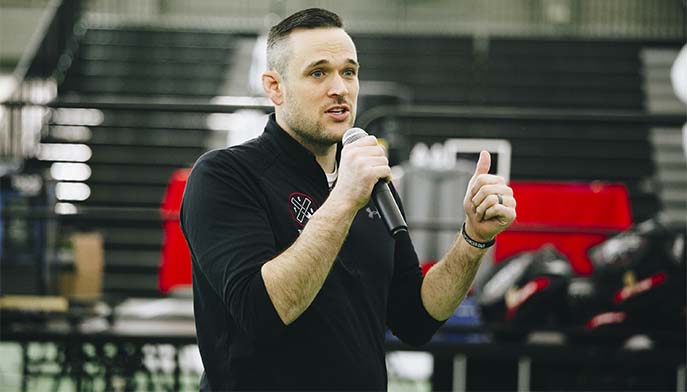FairfieldNews
Fairfield News in Your Inbox
Questions for Us?
Contact our Public Relations Team

With a 15 percent increase in applications and a 25 percent admit rate, Fairfield continues to attract exceptional students from across the globe, marking its most selective admission cycle to date.
I think my time in the Dolan School of Business helped me get used to being pushed out of my comfort zone, which is the only place where you can find growth.”

Contact our Public Relations Team
